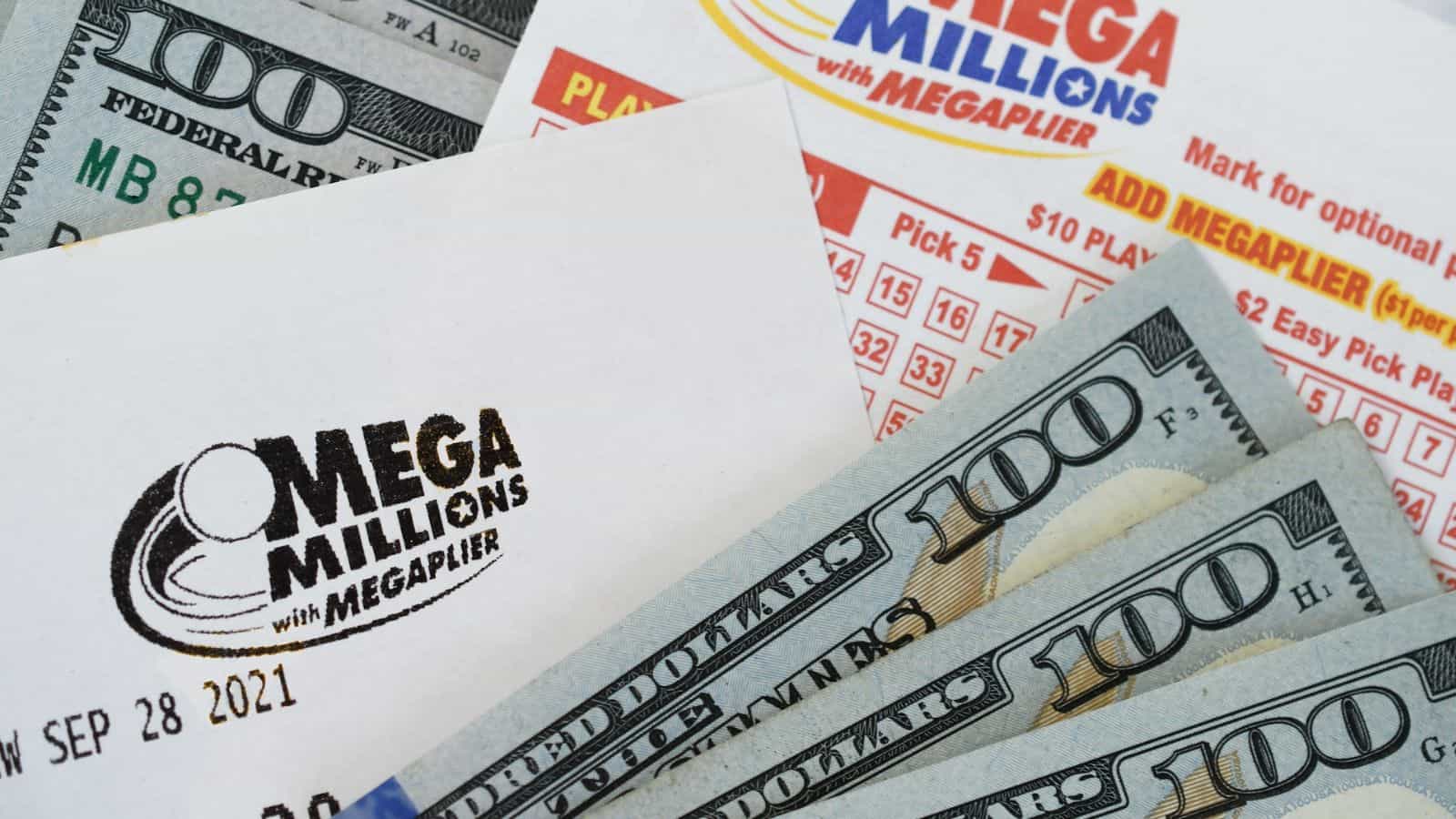We’re all lost in the wave of consumerism, so much so that we ignore obvious expenses that are wasteful and unnecessarily cost us more money. Here are 17 of these expenses and how they are draining your wallet.
Gym Memberships

Many people also forget that fitness takes a lot of discipline, and they end up paying for underused gym memberships because they can’t commit to it. They forget that they can get the same results with cheap or free home exercises, and they can manage costs by attending pay-per-visit gyms.
Unused Gym Equipment

Now, when you do decide to exercise at home, like many others, you may also fall into the trap of buying expensive equipment that you end up hardly ever using. Considering that second-hand equipment has poor resale value, this is wasteful spending that can be avoided by being sure about the equipment and then renting/testing it before buying.
Buying Coffee Daily

It only takes about three to five minutes to make coffee at home, and CNET reveals that, including the brewing machine, you’re only spending 50 cents on a cup of homemade coffee. However, many people still prefer to buy $7 cups every day, and the additional ingredients add up to significant costs over time.
Cable TV Packages

If you’re still paying for cable TV, you’re only spending more on additional channels that you never watch. This is more of a waste, considering that steaming services are cheaper and give you more control over what you watch and when you watch it. Sadly, many people don’t have a choice, as cable is usually bundled with internet services.
ATM Fees

Without proper planning, you’re going to be giving the banks an average of $1.5 for every withdrawal you make, according to Bankrate. And this isn’t the best for your pockets in the long or even short run. It’s worse when you use out-of-network machines, as your fees shoot up to an average of $2.5 per withdrawal.
Overdraft Fees

Due to poor cash flow management, you may also be losing unnecessary amounts of money to your bank through overdraft fees. These are fees charged when your transactions make your balance negative, and the interest on the overdraft can rapidly increase your costs. Setting up alerts and keeping a budget will help here.
Bottled Water

Bottled water is always significantly more expensive than tap water, even though it comes from the exact same source. Some products even contain tap water that has simply been bottled, which makes them a total waste of money. Water filters and reusable bottles will serve your pockets and the environment better.
Lottery Tickets

We all know that the chances of winning the lottery are extremely slim. But in our quest for financial freedom, we still spend on it. The fact that it costs so little also makes it an easy expense to ignore, and we end up losing a lot of money in the long run.
Subscription Services

So many of us pay for Amazon Prime, Spotify, Apple TV, or even DoorDash subscriptions. Many of these go underutilized or are even entirely unused. Given how automatic subscriptions work, we also keep paying for them sometimes without even noticing, especially when it comes to lower-cost services.
Extended Warranties

Extended warranties are unnecessary expenses, the cost of which exceeds the likelihood or amount expected to be spent on repairs in the long run. What’s even worse about them is that they typically don’t offer comprehensive coverage for your protected item, which makes them even more wasteful.
Impulse Grocery Store Purchases

Businesses use many tactics to get you to buy things on impulse. For instance, grocery stores have low-cost items at their counters to entice you into making purchases. CBC even summarizes a meta-analysis dating back to the 1950s, which reveals that 80% of our spending in grocery stores is on impulse items.
Eating Out Frequently

It’s no news that foods at restaurants are ordinarily more expensive than foods made at home. Additional money spent on tips and drinks widens the gap even more. Then we see restaurants hook us all up with deals that seem to be saving us money—when they only convince us to spend more on food that isn’t great for our health.
Brand-Name Products

Many brand-name products contain the same ingredients and produce the same results as generic products on the market. This is especially true with brand medicines or cleaning products, where we only pay significantly extra for a ‘name.’ These brands also have large marketing budgets to make sure we see them as the only trustworthy option.
Smoking

Cigarettes are heavily taxed and, hence, are more expensive than they’re ordinarily supposed to be. Simply smoking a pack per day can set you back thousands of dollars per year. The benefits, if any, definitely don’t outweigh the cost to your pocket and health.
Unused Gift Cards

AP reports that 47% of adult Americans have at least one gift card that they haven’t redeemed, and the average cost of these cards is $187. We often wait for the perfect time to use gift cards, and due to many having expiration dates, this never happens. Some cards even come with fees that diminish their values even more.
Buying New Cars

New cars lose an average of 20% of their value in the very first year after buying them, and this trend continues (albeit at slower rates) well into the future. Purchasing one through a loan makes you lose even more money! Your best bet is to buy a cheaper pre-owned car from a respected dealer that has more features.
Credit Card Interest

Credit cards offer convenience, but we pay for this through interest rates that aren’t particularly friendly. Unfortunately, when you carry a balance, your interest rate is pumped even higher. Minimum payments are also known to stretch our repayment periods, keeping us in debt for longer.

